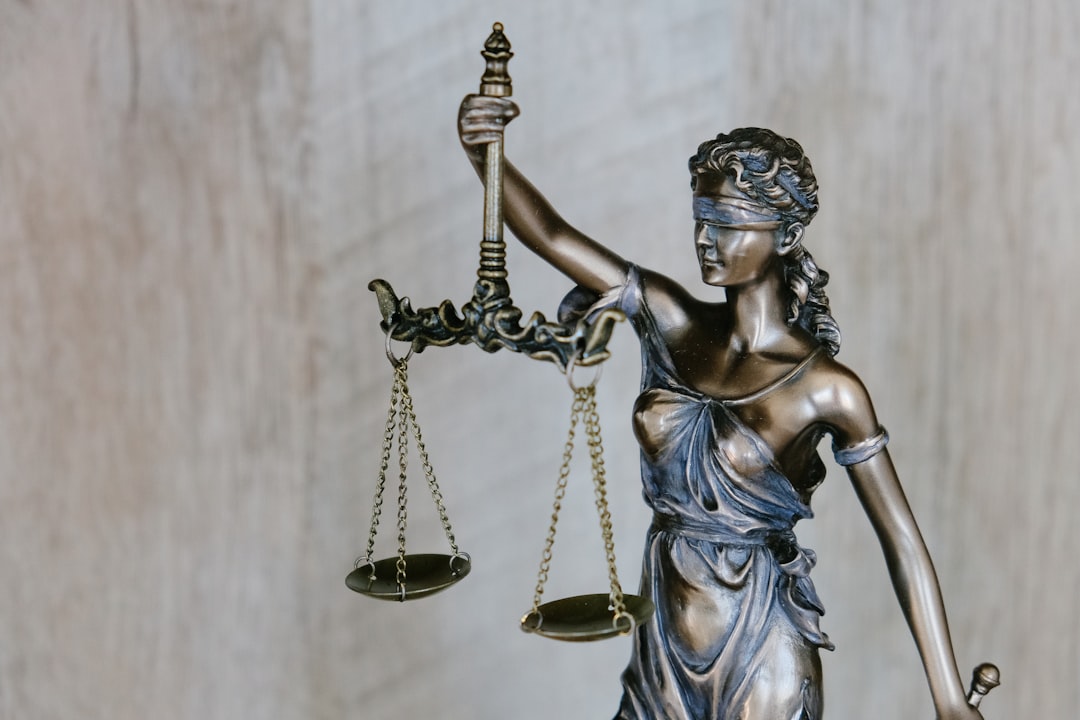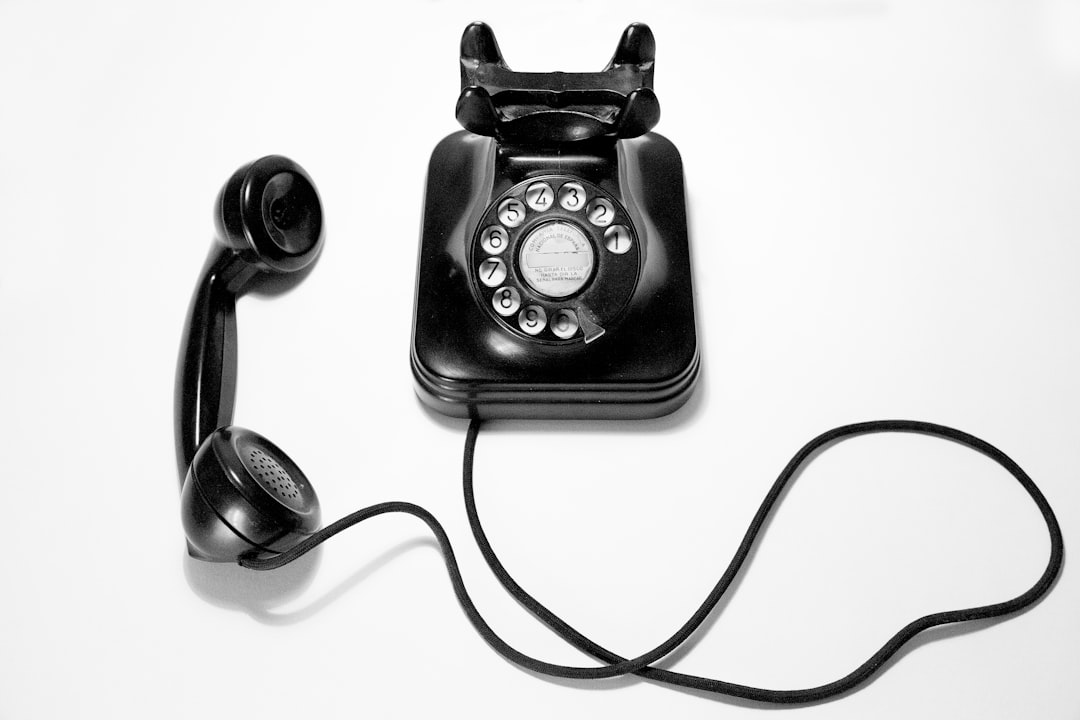Louisiana's strict autodialer laws require businesses to secure explicit consumer consent and adhere to time restrictions. An autodialer attorney is crucial for navigating these rules, avoiding DNC registry violations, and ensuring compliance with TCPA regulations through proper documentation and record-keeping. This minimizes legal risks and builds customer trust.
Navigating Louisiana’s autodialer laws is crucial for businesses to avoid legal pitfalls. This comprehensive guide discusses key aspects of ensuring compliance, including understanding state regulations, identifying banned practices, obtaining consumer consent effectively, and documenting records properly. An autodialer attorney in Louisiana can provide expert insights, but this article offers a strategic framework to stay compliant and mitigate risks associated with automated dialing campaigns.
Understanding Louisiana's Autodialer Laws

Louisiana has specific laws governing the use of autodialers, or automatic telephone dialing systems. These regulations are designed to protect consumers from unwanted phone calls and ensure fair practices in telemarketing activities. An autodialer attorney in Louisiana can help businesses navigate these complex laws to maintain compliance.
In the state, making automated calls without prior consent is generally prohibited. Businesses must obtain explicit permission from recipients before using autodialers to make sales or marketing calls. There are also restrictions on the timing of such calls, with certain periods like early mornings and late evenings being off-limits. Understanding these laws and ensuring your autodialer practices align with them is crucial to avoiding legal issues and fines, especially when dealing with an autodialer attorney Louisiana.
Identifying Banned Practices and Calls

Identifying banned practices is a crucial step in ensuring compliance with autodialer regulations. In Louisiana, where telemarketing laws are stringent, businesses must be vigilant to avoid violating consumer rights. Common prohibited practices include making automated calls to individuals on the Do Not Call (DNC) registry and calling numbers obtained from unlawful sources. An autodialer attorney in Louisiana can guide companies in navigating these restrictions by ensuring call lists are accurate and up-to-date.
Additionally, understanding which types of calls require consent is essential. Calls for marketing purposes, unless prior explicit consent is given, are often subject to legal repercussions. By identifying and avoiding these prohibited actions, businesses can minimize risks and maintain compliance with state regulations.
Obtaining Consumer Consent Effectively

Obtaining informed and valid consumer consent is a critical aspect of navigating Autodialer regulations, especially for businesses operating in Louisiana. With strict laws in place to protect consumers from unwanted automated calls, ensuring compliance starts with understanding how and when consent is granted. An autodialer attorney in Louisiana can guide companies through this process, helping them implement effective strategies to secure consumer consent before initiating any automatic phone calls.
This involves transparent communication about the purpose of the call, providing clear opt-out options, and offering consumers control over their data. By following these practices, businesses can avoid legal repercussions and build trust with their customers. An autodialer attorney Louisiana experts can assist in crafting consent forms and policies that align with current regulations, ensuring a robust compliance framework.
Documenting and Maintaining Records Properly

Proper documentation and record-keeping are essential aspects of maintaining compliance with autodialer regulations, especially when working with an autodialer attorney in Louisiana. Every interaction with potential customers should be meticulously recorded, including the date, time, phone number, and a detailed log of the call content. These records serve as a shield against any legal challenges and ensure transparency during audits or investigations.
An organized record-keeping system is crucial for tracking consent, managing do-not-call lists, and verifying consumer preferences. It enables autodialer attorneys to demonstrate their adherence to regulations such as the Telephone Consumer Protection Act (TCPA) in Louisiana. Regularly reviewing and updating these records can help identify trends, improve campaign effectiveness, and foster better relationships with clients while maintaining legal integrity.






